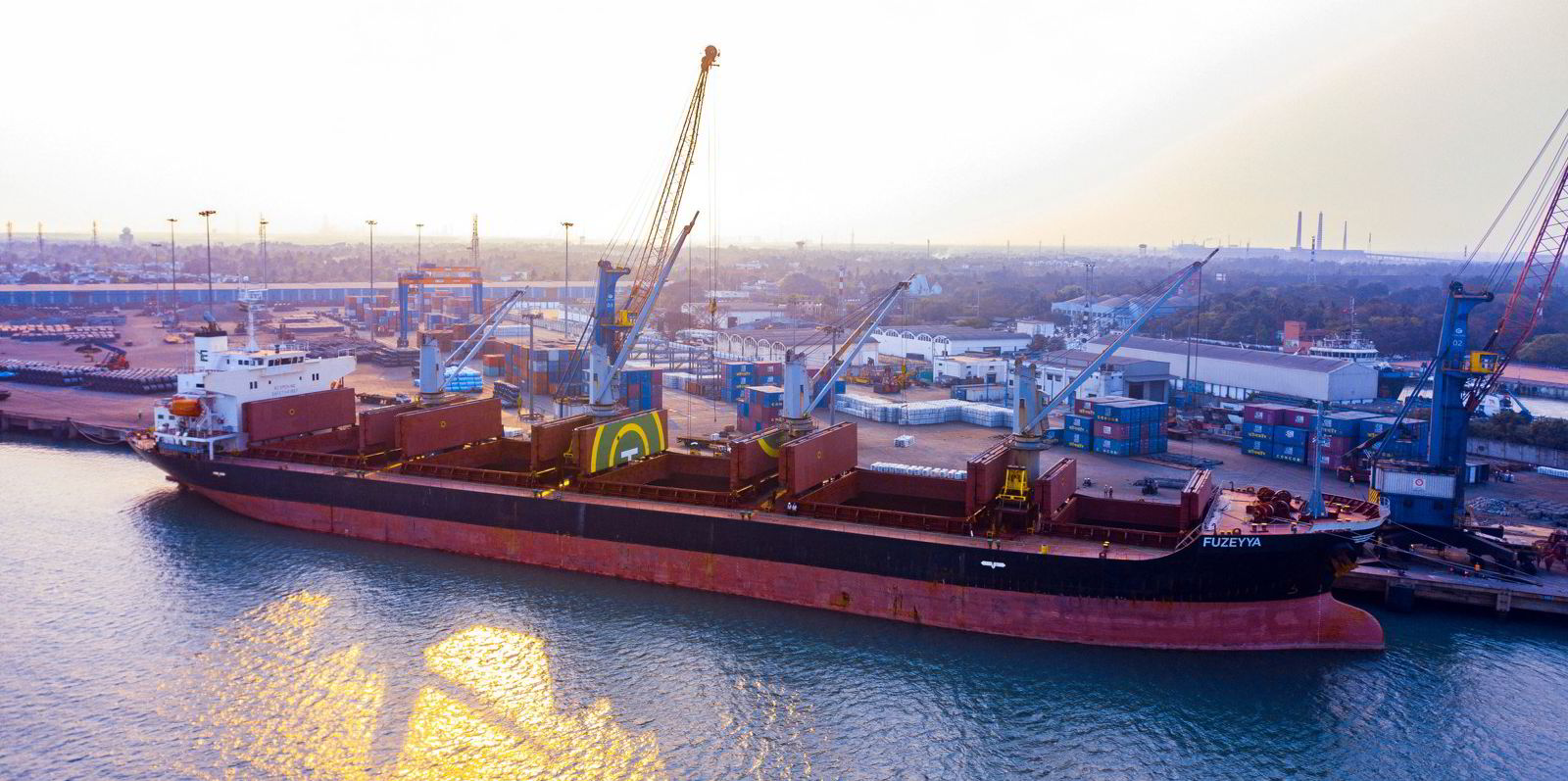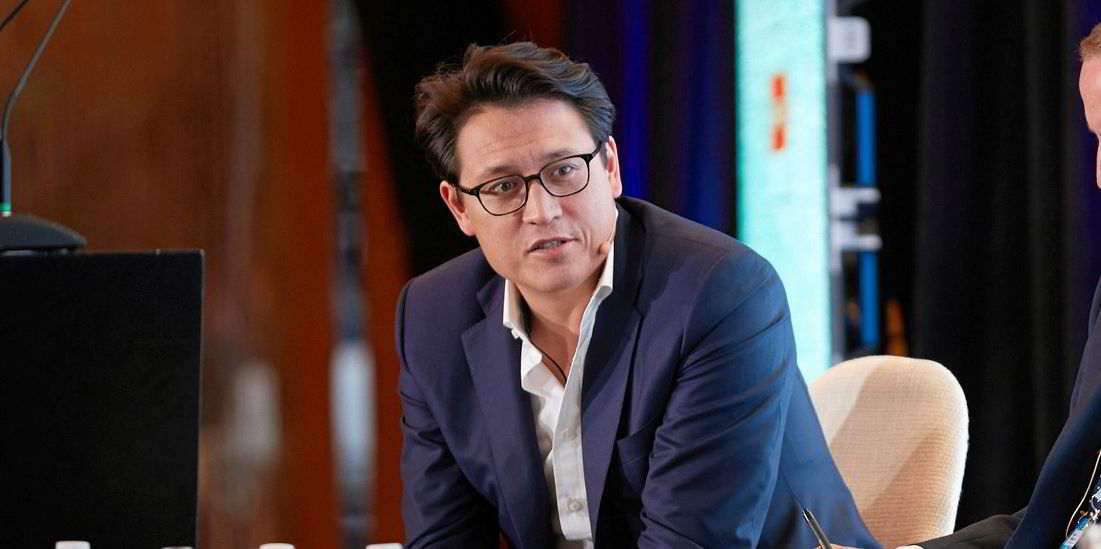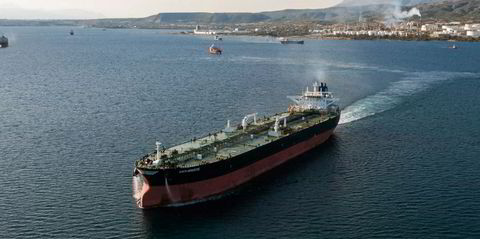The integration of Grindrod Shipping into Taylor Maritime Investments (TMI) has already gone a long way, with no unpleasant surprises expected, according to bosses.
The takeover by London-listed TMI was finalised in December and chief executive Edward Buttery is working with group chief operating officer Carl Ackerley on the combination of the operations.
“I think you can plan for plenty of things like integrations, but obviously the implementation of a strategy takes a while,” the CEO told TradeWinds.
“Anyone who went to Harvard Business School or any MBA will tell you about 100-day plans and I think that there’s a time and a place for those, but we have a plan and it’s a good one,” he added.
Initially, this involves things like facing the market and bulk purchasing together to create discounts, Buttery explained.
“And in time we hope if we are able to put the two companies together, as in the balance sheets, then in time we hope that will create major efficiencies through the cost and flexibility of debt and things like that,” he said.
There are still two chief financial officers in the group, which Buttery views as very important.
But investor relations and environmental, social and governance functions are all now working together as one team.
“The chartering function is basically one team now. Technical team is basically one team,” the CEO added.
“There are challenges. But I don’t believe there are any skeletons and I don’t believe that there are any insurmountable issues,” Buttery said.
Improving the margins
The takeover valued Grindrod Shipping at $494m.
TMI paid $26 per share for the Singapore-based, Nasdaq-listed owner.
TMI’s 26 owned handysizes were combined with Grindrod’s 31 ships: 12 ultramaxes, four supramaxes and 15 handies.
Buttery says the work is really about improving margins.
“By putting the fleets together as one fleet into the market, you improve your earnings, and we have cases that evidence a significant improvement in profits where you’ve got multiple ships open at the same time and you only market one of them,” he told TradeWinds.
“We’ve got a great team at both companies and I’m looking forward to them all working together, and I think we’ve got a good plan in place, but I can’t say too much about the details yet,” he added.
More announcements are due soon about how the companies are going to be working together, Buttery said.
Ships in safe hands

“We’re lucky at Taylor that we’ve found ourselves working alongside a group of really talented people at Grimrod with deep experience. And we’re very lucky that we’ve got Carl overseeing the day-to-day of both fleets now,” the CEO explained.
"Carl and I worked together at Pacific Basin. He was my boss a long time ago. Very tough, very mean! And now we work together and I feel that Taylor's fleet is in very safe hands," he said.
“I think cultures are always a bit different, but we’re fortunate that the cultures are not that far apart and there haven’t been any big bust-ups or anything. Actually, everyone on both sides has been really professional. It helps that Carl and I have a foot in both camps from a C-suite role,” Buttery added.
Ackerley told TradeWinds: “I think our biggest challenge, to be honest, has been the market for the last few months.”
“TMI has not found it so easy to use their usual strategy of putting ships out on period [charters] because the period market hasn’t been there. And unless you want to give it away, then you have to tramp,” he said.
Now owners can take $12,500 per day for five to seven months, taking them through the Chinese New Year period, he explained.
“So it really has flipped very quickly to being more of an owner’s market,” the COO said.
“Culturally, I’ve found that everyone really is very happy to be part of this new joint entity, with new offices in Durban and Singapore, and a real energy that’s there. So I think it’s all gone as well as it possibly could have done,” Ackerley added.





